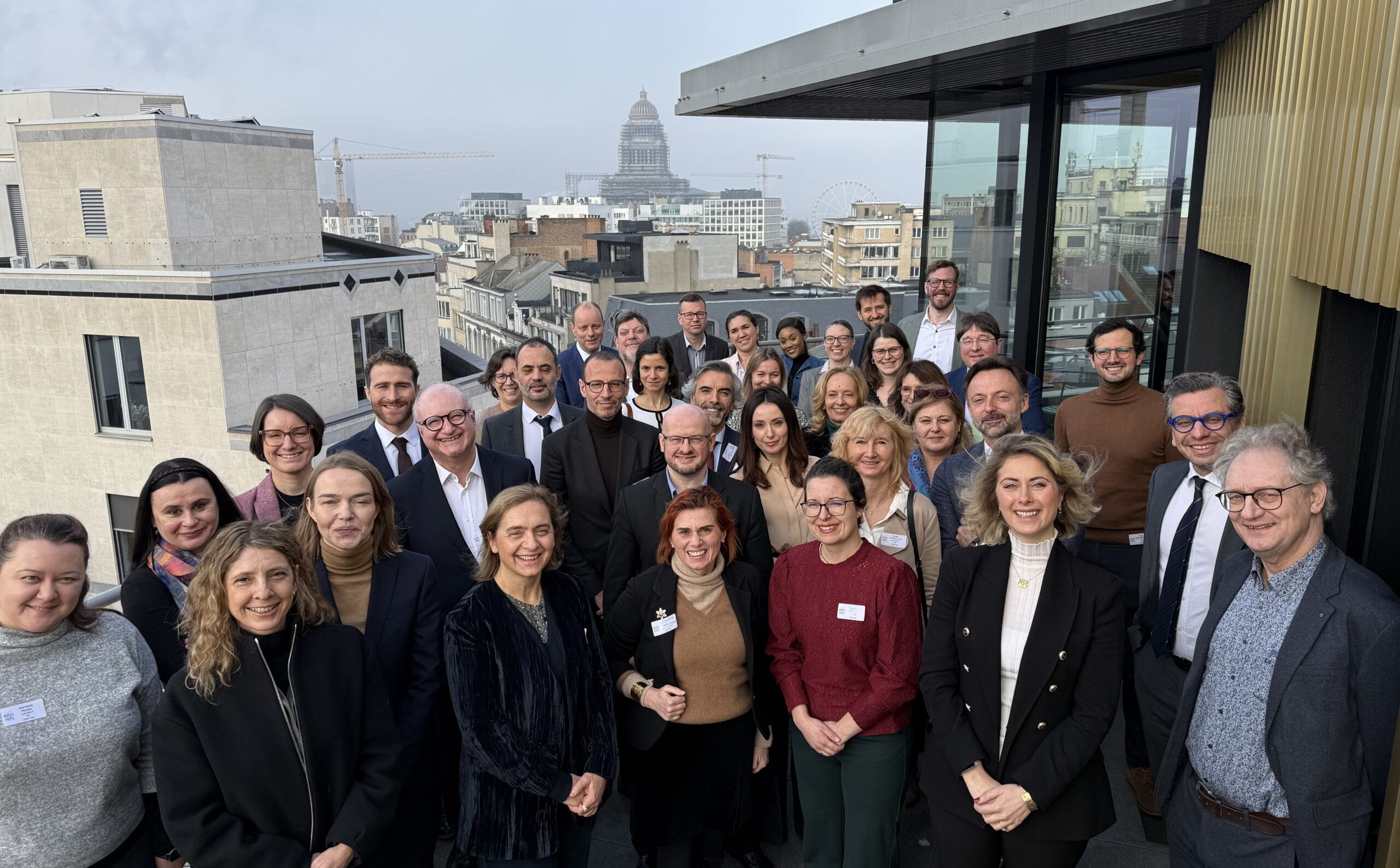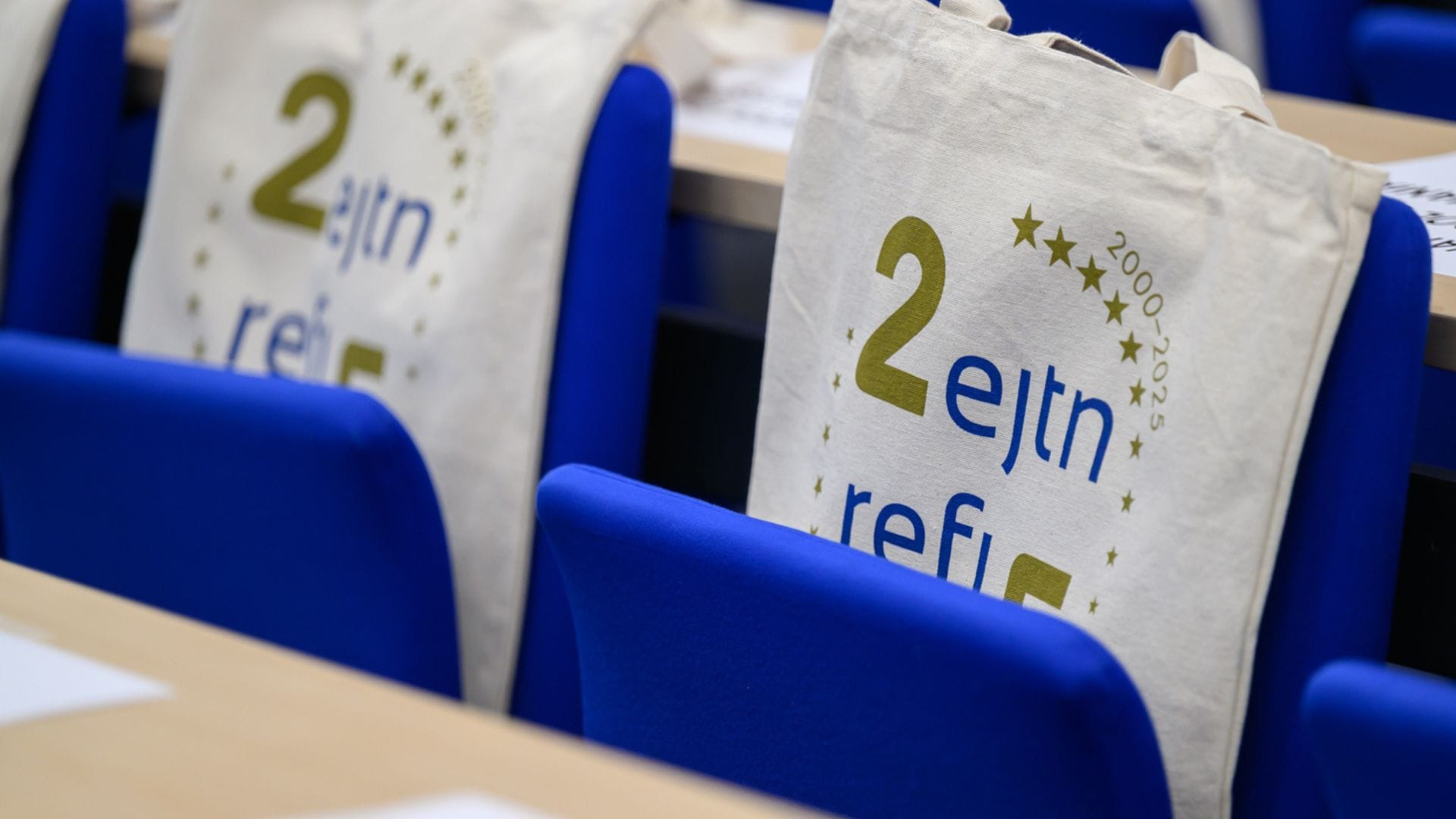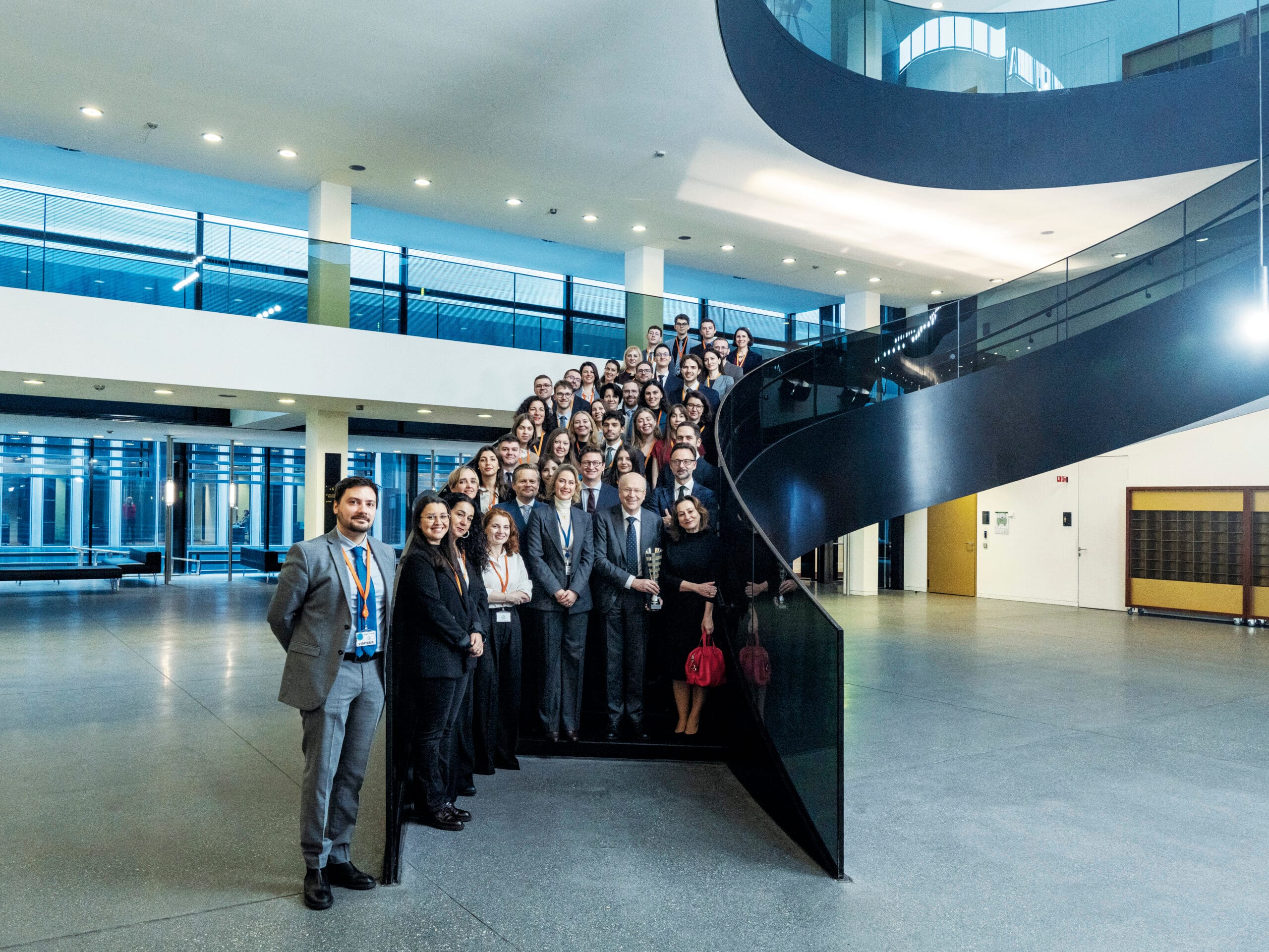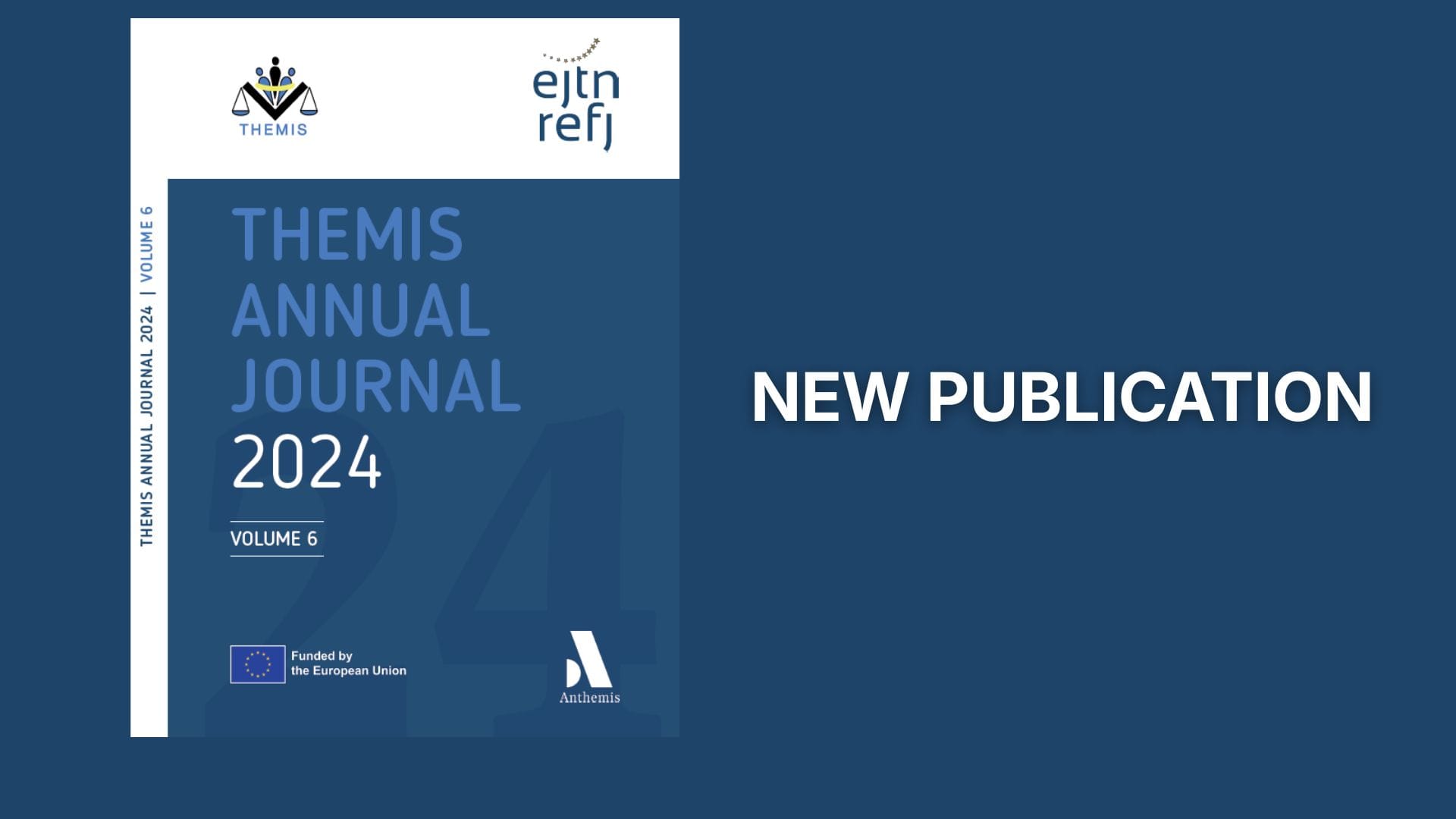Held in a hybrid format on 20-21 January, the 2025 Training Needs Assessment (TNA) hosted by the European Judicial Training Network was a key opportunity for stakeholders, including EJTN Members, Partners and key representatives of the European Commission, to discuss priorities, challenges and innovative solutions for future judicial training across Europe. Moreover, this important event feeds EJTN’s upcoming digitalisation strategy and multiannual action plan.
In her opening address, the EJTN Secretary General, Judge Ingrid Derveaux emphasized the importance of shared expertise and cooperation to support judicial training in Europe, highlighting the role of EJTN as a hub for collaboration and innovation in the field. The 2025 TNA survey results were also presented, revealing key areas of focus, including the Rule of Law, human rights and cross-border cooperation. Digitalisation of justice was also a major theme, with the survey results highlighting the need for training on AI tools, secure communication platforms and e-evidence systems. These findings underscore the importance of equipping Europe’s justice practitioners with the tools they need to face the challenges of a rapidly evolving legal and technological environment.
Workshops tackle key topics
The first TNA workshop focused on Digitalisation in Justice from three complementary themes: AI in justice, cross-border cooperation using digital tools and cybersecurity within a human rights framework. Discussion centred on practical solutions to interoperability challenges, the need for foundational training on digital tools and the integration of privacy protections in judicial processes. Workshop participants shared their insights on enhancing digital literacy and addressing barriers such as funding and technical inconsistencies across EU Member States.
The second workshop covered the Rule of Law and Policy Priorities in Justice, including consumers’ rights, victims’ rights, diversity and gender equality, and sustainability. Participants discussed administrative and civil law, criminal justice, human rights and judicial training methods, and touched on harmonising legal frameworks, fostering trust in cross-border cooperation and ensuring that training programmes reflect evolving priorities. Ideas were exchanged on leveraging e-learning, mock trials and language-specific resources to bridge gaps in judicial practice.
Collaboration: a key to moving forward
Throughout the meeting, stakeholders emphasised the importance of collaboration. Organisations, such as the European Commission, the Court of Justice of the European Union, the Judicial Network of the European Union, Eurojust and CEPOL, were identified as essential partners for advancing shared objectives. The importance of flexible, multilingual training formats, such as short webinars (of which the EJTN Lunchtime Webinar series is a successful example), were also highlighted as a means of making judicial education more engaging and accessible.
The event concluded with a shared sense of purpose: the insights, views and opinions gathered during the TNA, coupled with the findings from the survey, provide a clear path forward. By addressing identified priorities, such as the Rule of law, digital transformation of justice, competitiveness and cross-border cooperation, EJTN is in an excellent position to lead the way in strengthening Europe’s justice systems. These discussions reaffirmed the Network’s pivotal role in fostering collaboration and ensuring Europe’s judicial training remains dynamic, inclusive and forward-thinking.
EJTN warmly thanks all its Members and the following partners and institutions for their much-valued contributions:
- European Commission
- Court of Justice of the European Union (CJEU)
- Research and Documentation Directorate of the CJEU
- Judicial Network of the European Union (JNEU)
- Association of European Administrative Judges (AEAJ)
- European Network of Councils of the Judiciary (ENCJ)
- European Judicial Network in Civil Matters (EJN-Civil)
- European Judicial Network in Criminal Matters (EJN-Criminal)
- International Association of Refugee and Migration Judges-Europe (IARMJ-Europe)
- Network of the Presidents of the Supreme Judicial Courts of the EU
- European Association of Mediation (GEMME)
- Network of Public Prosecutors or equivalent institutions at the Supreme Judicial Courts of the Member States of the European Union (NADAL Network)
- European Network of Prosecutors for the Environment (ENPE)
- European Union Agency for Law Enforcement Training (CEPOL)
- European Public Prosecutor’s Office (EPPO)
- Council of Europe – HELP Programme (HELP)
- EUROJUST
- Fundamental Rights Agency (FRA)
- Max Planck Institute for Social Anthropology (MPI)
- UNESCO
- European Union Agency for Asylum (EUAA)
- eu-LISA
- United Nations Office on Drugs and Crime (UNODC)
- Victims Support Europe
- Genocide Network Secretariat (GNS)
- Siracusa International Institute for Criminal Justice and Human Rights
- European Union of Justice (E.U.R)
To learn more about the EJTN training offering in 2025, visit our Online Training Catalogue.
To receive the latest updates from EJTN, follow us on LinkedIn.




